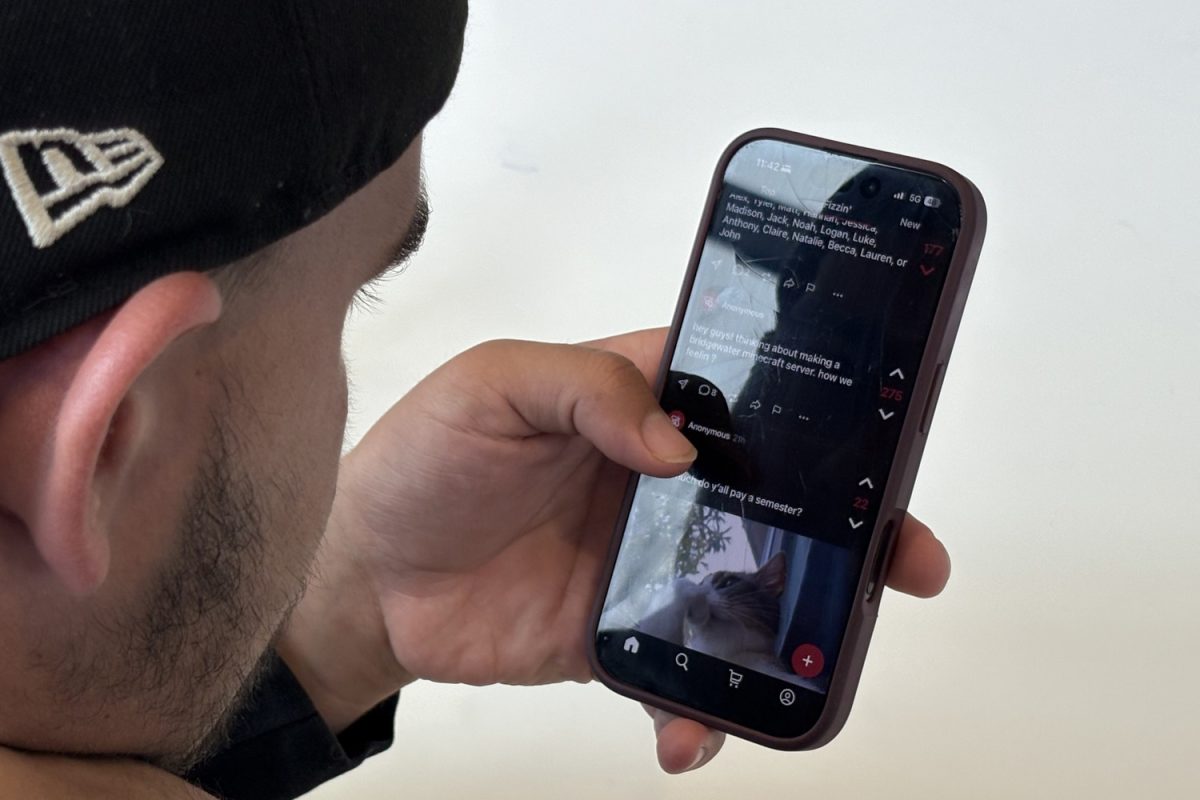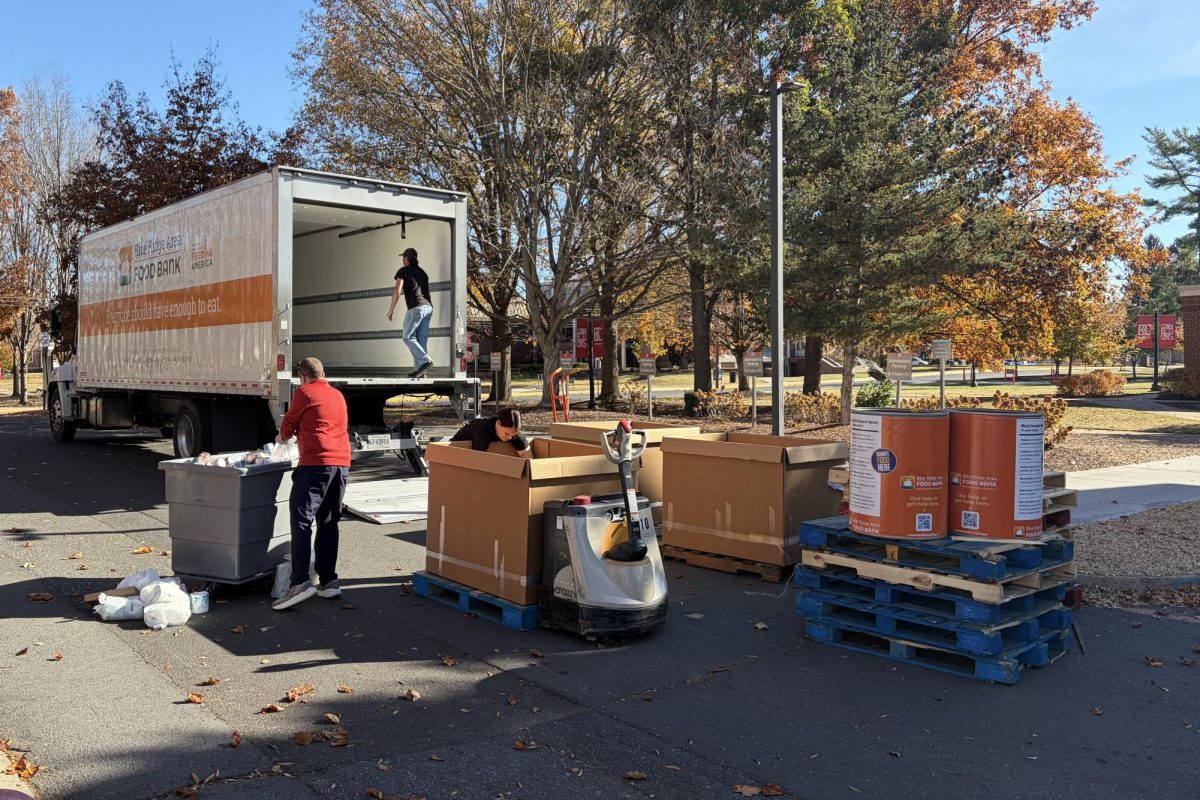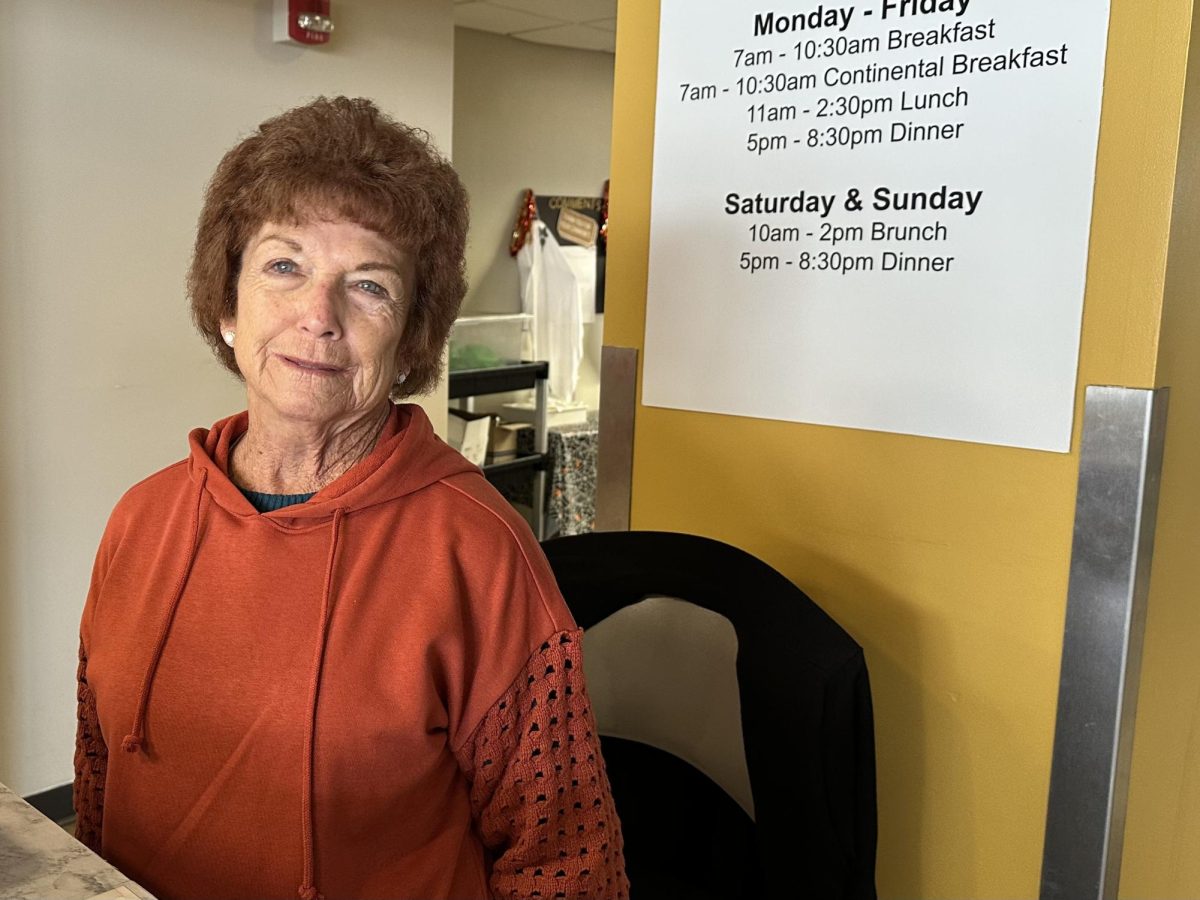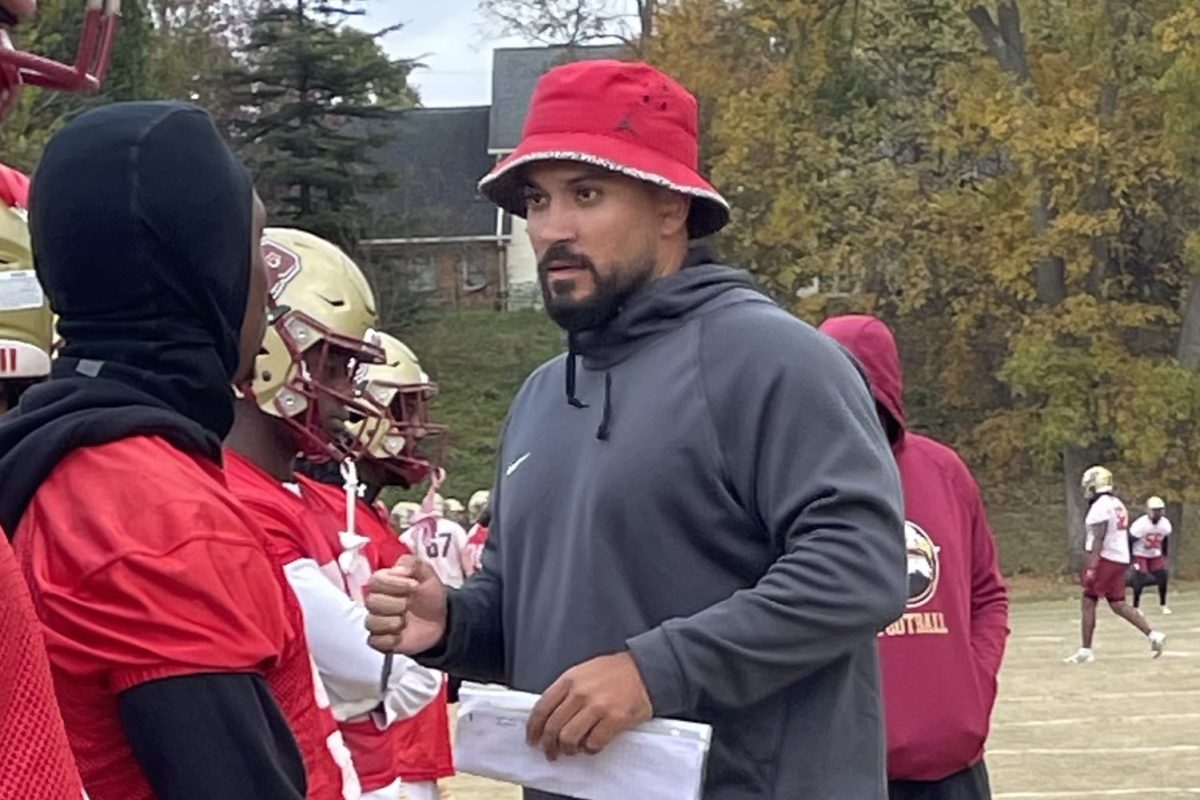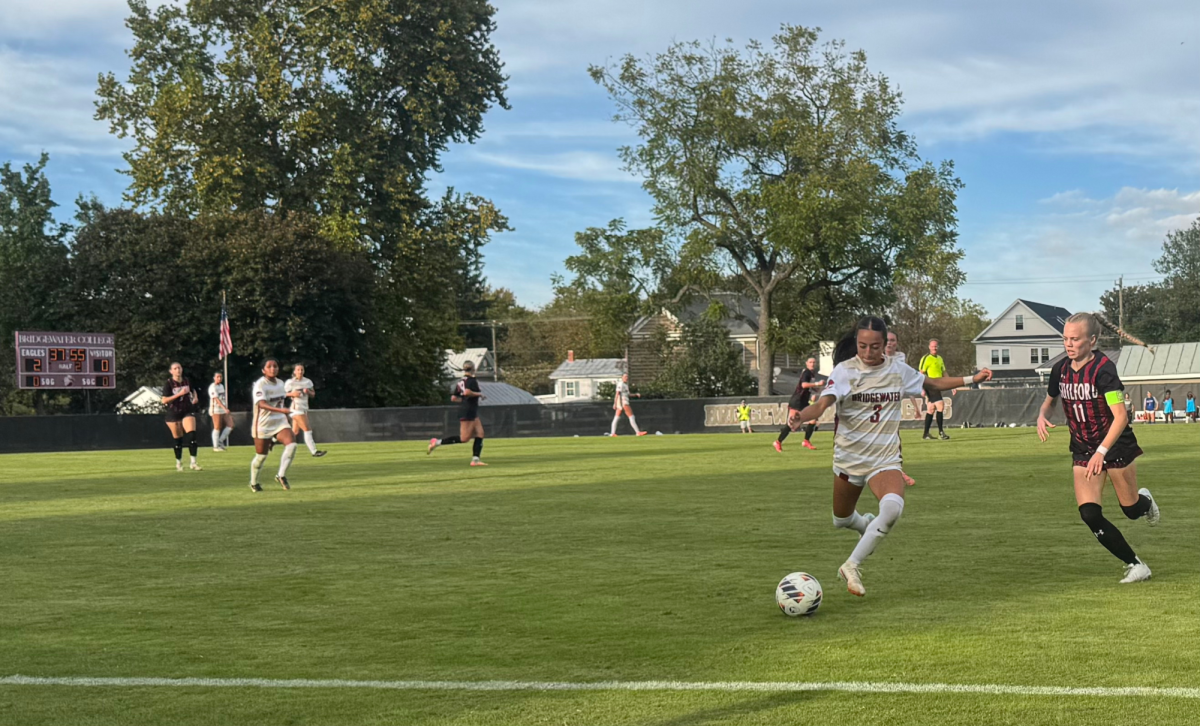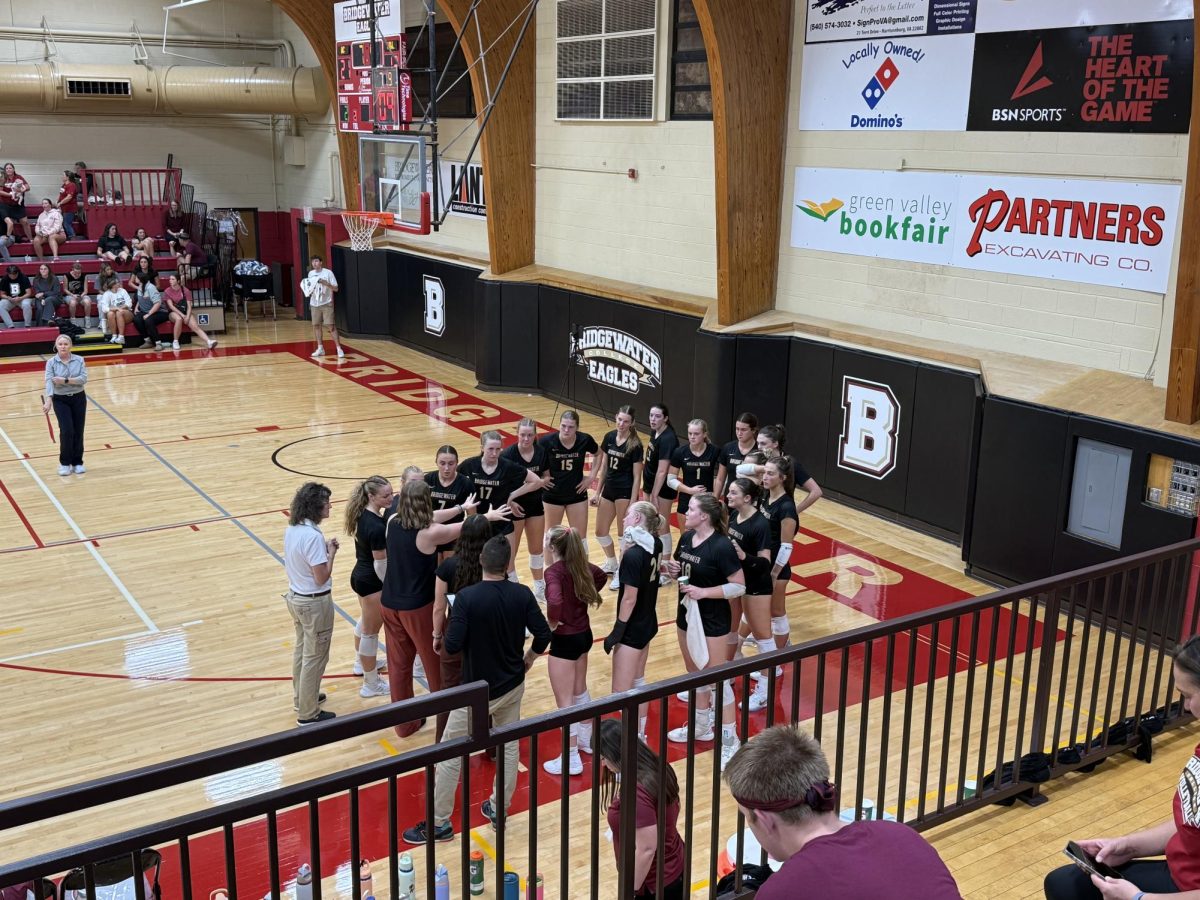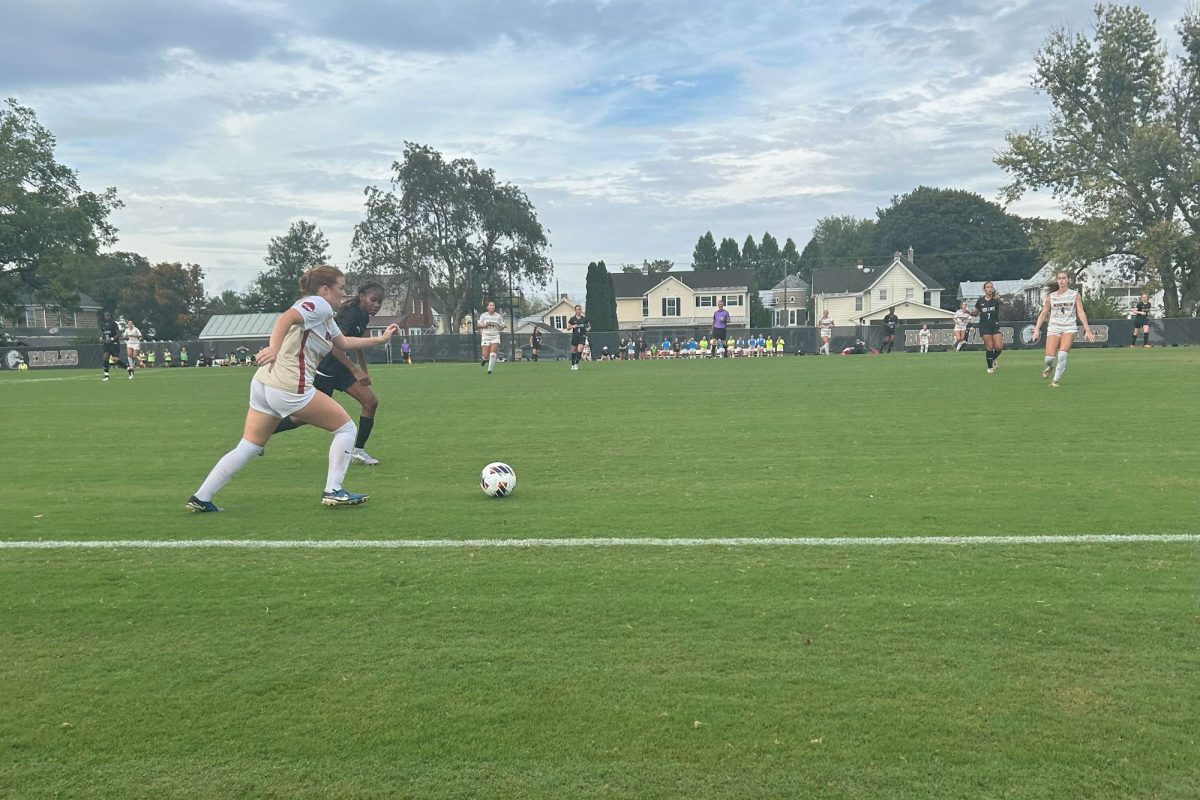Iowa Caucus Crisis
Democratic Results Accidentally Mismanaged and Delayed
February 11, 2020
Des Moines, IA – On Feb. 3, Iowa held the first state caucus to indicate a frontrunner Democratic candidate who will run for the presidency in November, yet due to technical difficulties, the announcement of the winner was severely delayed.
What is a Caucus
According to NBC News, each candidate earns the proportional amount of delegates to the amount of votes they get in each individual precinct within the state. These delegates, along with the delegates from other state primaries and caucuses, will go on to the Democratic National Convention on July 13 to vote on who will be the official Democratic candidate for this year’s presidential election.
Iowa is the first caucus, or primary, to be held. The first caucus’ results can make or break a candidate’s shot at running a widely-supported campaign for a national race.
Leading up to the day of the caucus, according to Vox, former Vice President Joe Biden, Senator Bernie Sanders, Senator Elizabeth Warren, Senator Amy Klobachar, and former Mayor Pete Buttigieg each had a substantial amount of support among Iowans. Biden and Sanders were predicted to be the two most likely to win the state.
How it Works
How caucusing in Iowa worked was that people gathered together in a particular location first had 30 minutes to convince others to support their particular candidate. Then, a tally of every candidate’s supporters was added up. If a candidate did not reach enough votes to at least reach a 15 percent of the total number of supporters in the room, those candidates’ supporters were then instructed to support a different candidate. The number of supporters for each candidate was then added up a second time and that result was declared to be the final one.
What Happened on Feb. 3
On Monday, at 7 p.m., more than 100,000 Iowans went to 1,681 designated areas to caucus.
At 9:33 p.m., the first round of results from only a few precincts were announced; results from other precincts were delayed. By 11:02 p.m., less than 2 percent of precincts had reported their final results whereas four years ago, during the last Democratic caucus, 85 percent of precincts had reported their results by that time.
This deferment was due to the fact that those in charge of the caucus were having difficulties counting the results. The number one reason for the delay was because of an app called IowaReporterApp. The app was specifically developed this year to help tally the results, but technical difficulties delayed results from each precinct.
By 11:18 p.m., candidates Andrew Yang, Biden, Sanders, Buttigeig, Warren, and Klobuchar started giving their end of the night speeches despite the results having not yet been announced.
Most of the candidates gave very optimistic speeches especially Buttigeig who said “We don’t know all the results, but we know, by the time it’s all said and done, Iowa, you have shocked the nation, because by all indications, we are going on to New Hampshire victorious.”
Buttigeig mentioned New Hampshire in reference to the next primary happening in that state on Feb. 11.
To date, according to the New York Times, more than 97 percent of precincts have been accurately accounted for with Buttigieg gaining support from 13 electoral delegates, Sanders from 12, Warren from 8, Biden from 6, and Klobuchar from 1.

